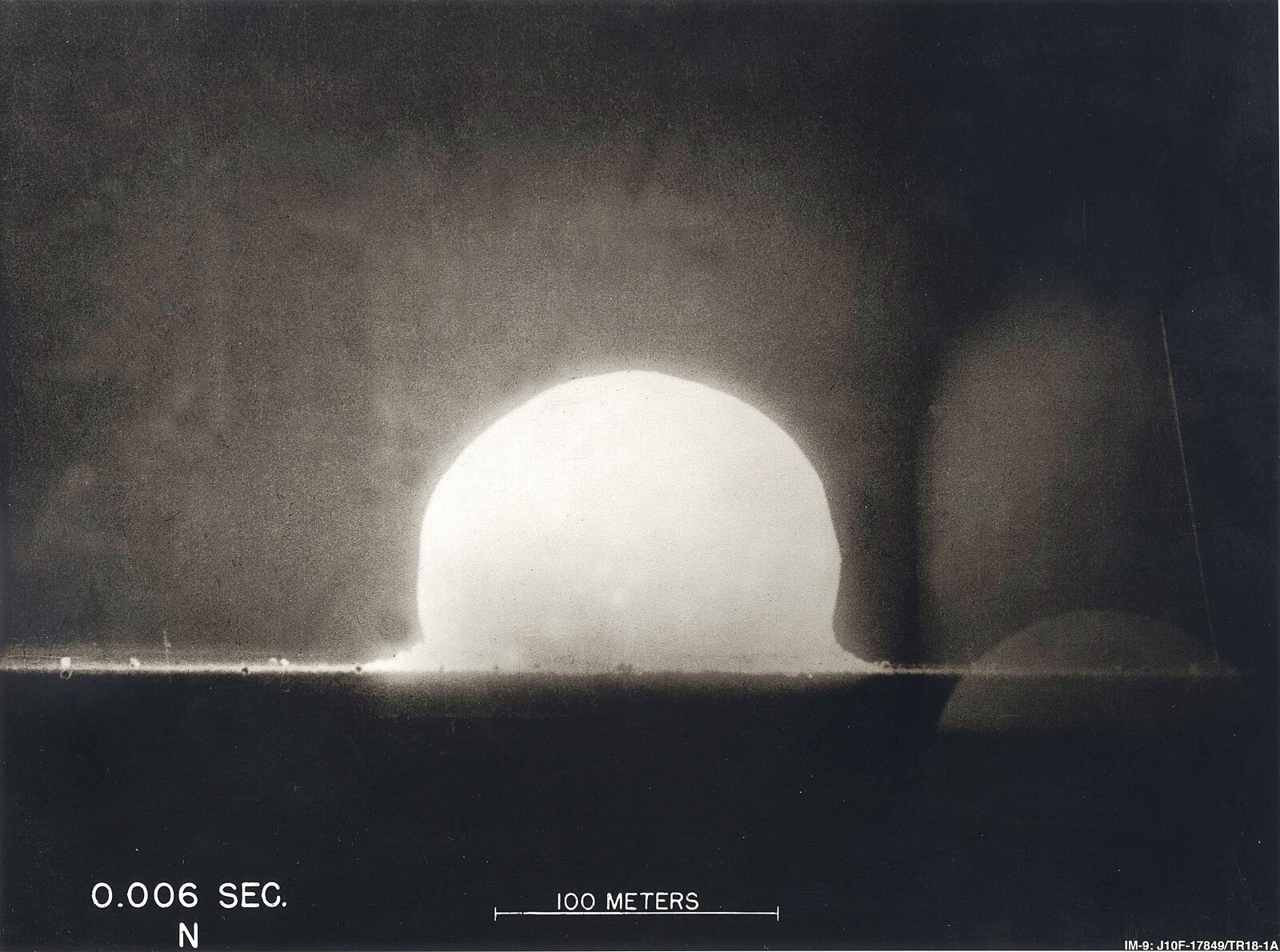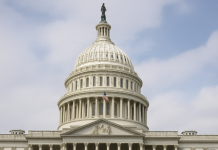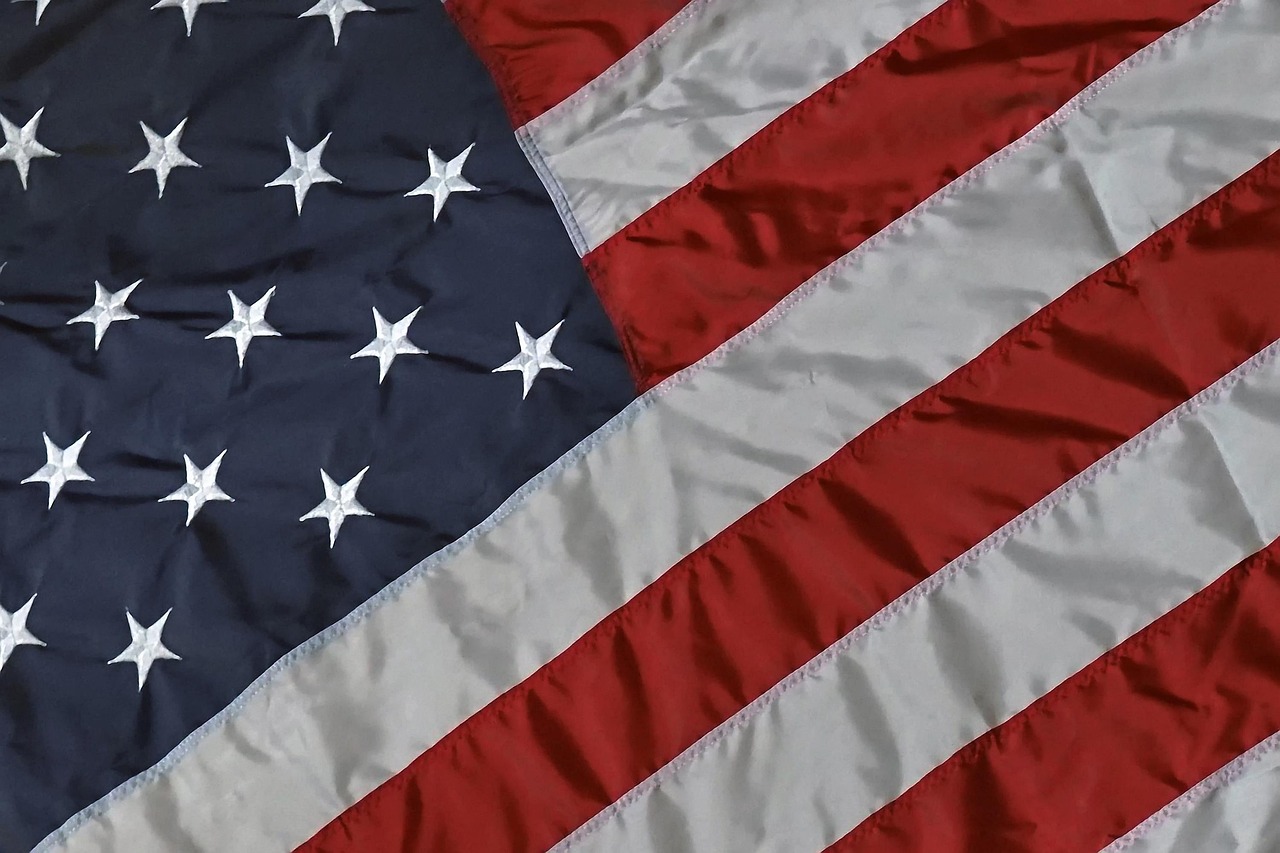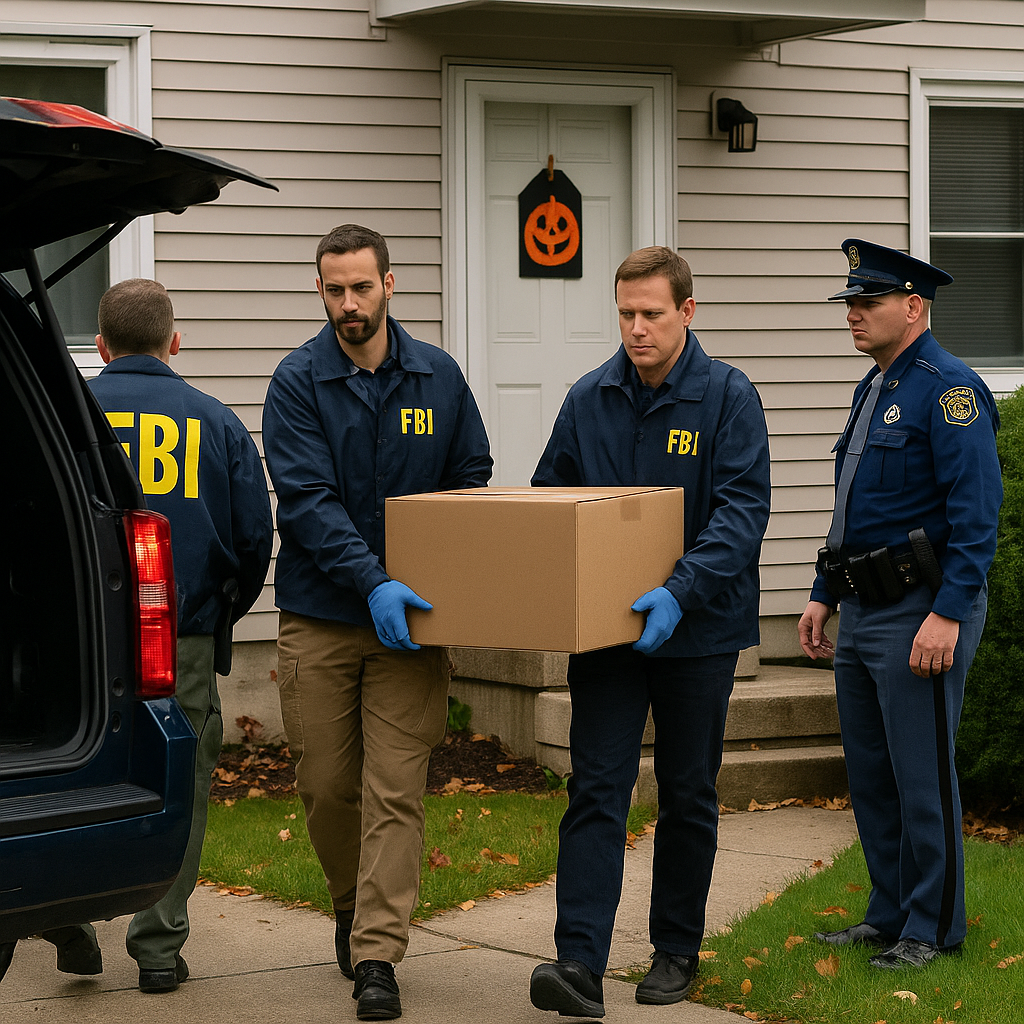
President Donald Trump’s declaration that the United States will resume nuclear weapons testing has stirred unease in Washington and abroad, reviving a policy issue largely dormant for more than three decades.
The announcement, made on social media late Wednesday night, stated that Trump had ordered the “Department of War” to begin testing “on an equal basis” with Russia and China. He argued the move was necessary to maintain balance among the world’s nuclear powers. While the U.S. last conducted a nuclear explosion test in 1992, the president’s remarks suggested an immediate restart, though without details on location or timeline.
At a Senate Armed Services Committee hearing the following morning, Vice Admiral Richard Correll—Trump’s nominee to lead U.S. Strategic Command—faced pointed questions from lawmakers who sought clarification on the president’s intentions. Correll declined to speculate, saying his role, if confirmed, would be to provide military advice. Legislators from both parties expressed concern that explosive testing could erode global stability and trigger reactions from rival states.
For decades, the U.S. has relied on sophisticated computer simulations to monitor and maintain its nuclear arsenal. Vice President JD Vance defended Trump’s statement, describing testing as part of ensuring readiness, but several nuclear policy experts disagreed. Tara Drozdenko of the Union of Concerned Scientists warned that detonating live warheads would not improve national security, noting that the U.S. already possesses vast testing data from more than a thousand past explosions.
Analysts believe Trump’s comments may be aimed more at diplomatic signaling than scientific necessity. The announcement came just before his meeting with Chinese President Xi Jinping in South Korea, and many observers interpreted it as an attempt to pressure Beijing and Moscow amid growing nuclear tensions. Russia recently conducted trials of two nuclear-powered weapons, while China continues expanding its missile silos and warhead stockpile.
Russian President Vladimir Putin has previously said that any nuclear test by another country would prompt a response from Moscow. China’s foreign ministry reiterated that it expects Washington to respect the moratorium on explosive testing and honor its obligations under the Comprehensive Nuclear Test-Ban Treaty, which the U.S. signed in 1996 but never ratified.
Policy groups cautioned that resuming tests could inadvertently benefit U.S. adversaries. The nonprofit Ploughshares Fund argued that restarting explosions might encourage Russia, China, or others to conduct their own tests, erasing decades of restraint. The United States, it noted, already holds the world’s largest repository of nuclear test data and has the technical advantage of advanced simulation capabilities.
If testing were to occur, officials indicated it would likely take place at the Nevada National Security Site, which remains authorized to resume underground detonations within 36 months. Nevada Senator Jacky Rosen vowed to oppose any such move, recalling the health and environmental toll past tests inflicted on the state.
Whether the president’s statement reflects an imminent policy shift or a diplomatic tactic remains uncertain, but it has already reopened global debates over deterrence, arms control, and the future of nuclear restraint.
Image is in the public domain and was created ENERGY.GO and was uploaded by Bomazi (talk | contribs).







